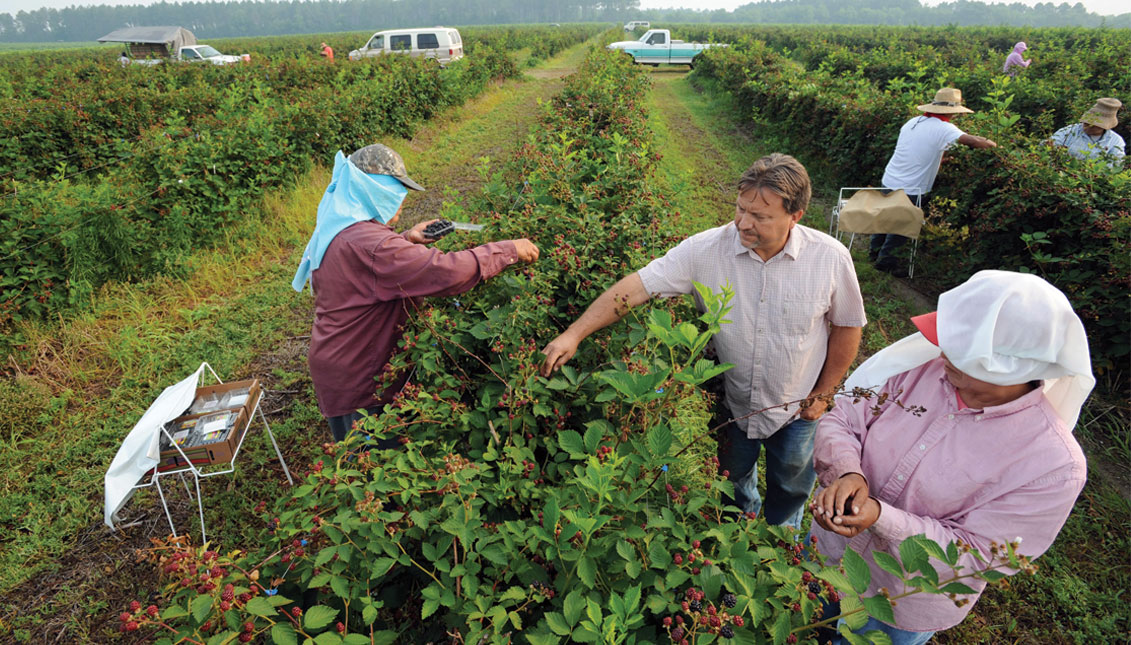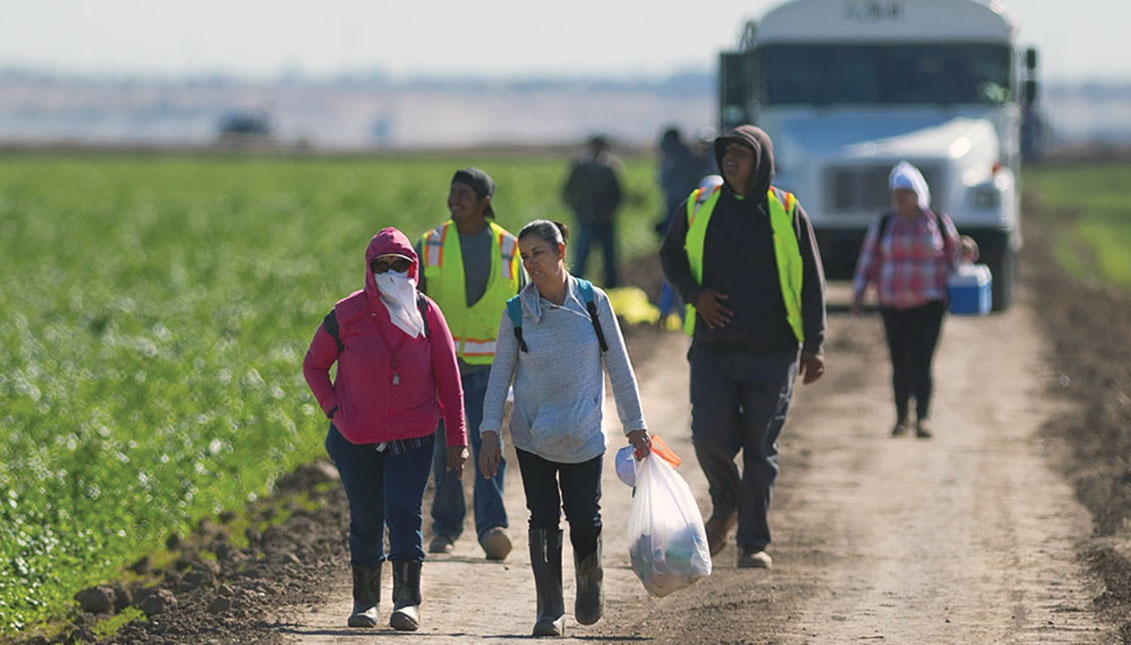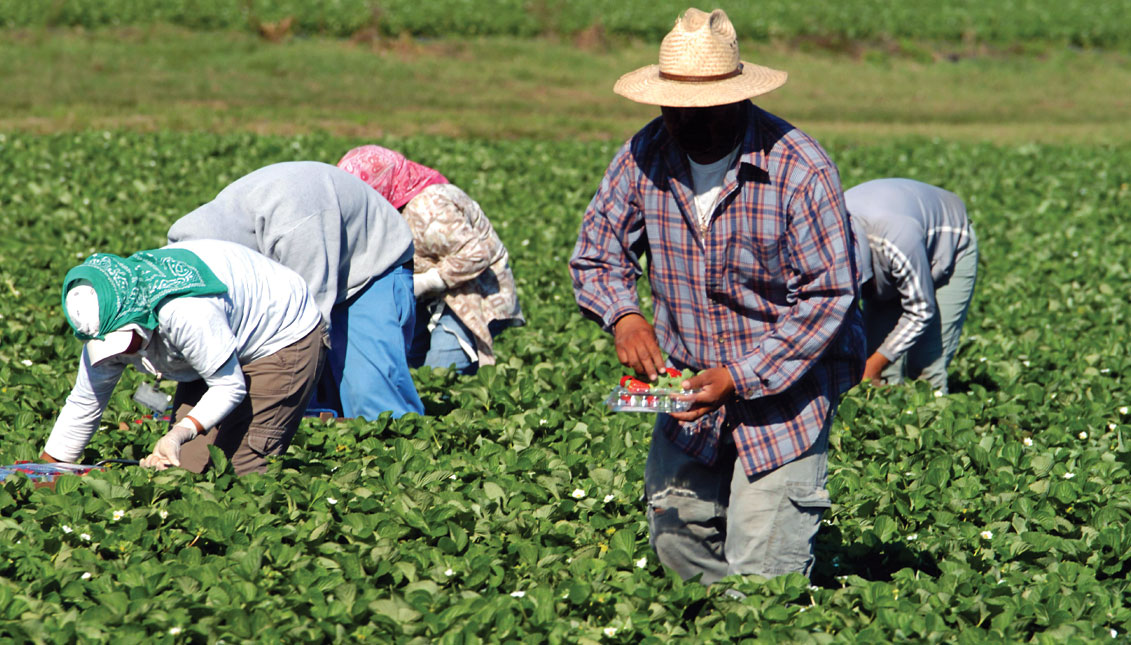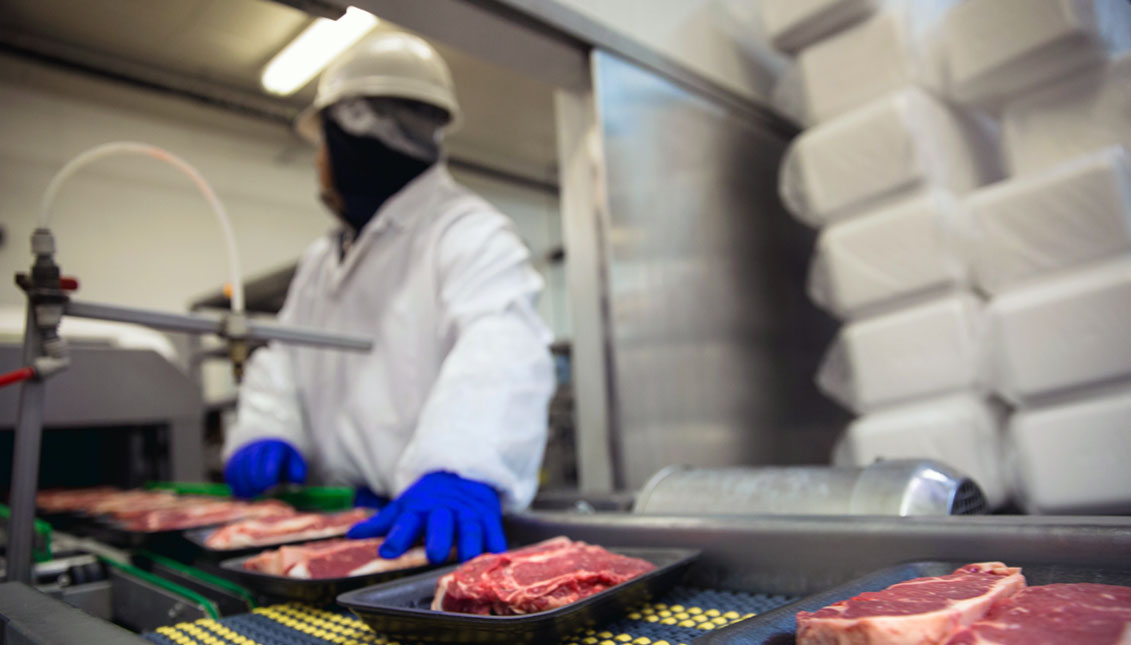
Our True Essential Workers
Practicing Social Distancing is Impossible For Them. Yet, they kept working and feeding the country.
The COVID-19 pandemic has redefined the hierarchy of important jobs in society, but has also revealed the injustice with which we treat some.
The case of farmworkers is one of the most prominent.
In all the countries where a quarantine measure has been applied, governments have sent home everyone who could do their work remotely. Not farmworkers, as leaders understood from day one that their countries depend on their physical subsistence.
The COVID-19 pandemic opened up a space that has, on one hand, redefined the criteria of what is essential - and it turned out that what is essential was far from the stock market - and on the other, amplified the profound incongruities and serious consequences of the gap between the minimum that keeps us alive and the way in which, as a society, we care for those who carry out these tasks.
The healthcare system could not cope asit had been treated by the standards of any business for decades. The logistics and home delivery services had their Christmas Eve at the expense of the workers and they raised their voices over the long working hours and little or no protection.
Food production has been another fragile piece in the puzzle. Initially, distribution chains had to readjust to the closure of restaurants and schools that came in waves. This also caused the waste of tons of food that could not reach their destinations and did not find new ones in a timely manner.
In the meantime, unemployment was growing to an extent not seen since the Great Depression and food banks were taking over their capacities. In what The Economist has called a kind of "miracle of capitalism", the distribution chains managed to adapt and the machinery kept going.
But as COVID-19 reached into the fields and meat plants, the government did not come to rescue the people who kept our livelihoods rolling.
The $2 trillion economic rescue package does not include undocumented immigrants who, despite this, are doing jobs that are declared essential to the economy.

As a result, both the Department of Homeland Security and ICE had to issue statements adjusting the voracity of their anti-migrant measures to the specific needs of the pandemic.
The owners of the extensive fields in which migrants - mostly undocumented - work sowing and harvesting by hand gave them letters reminding law enforcement officials that the Department of Homeland Security had declared them essential workers and therefore not only could, but should, break quarantine.
ICE made it public that it intended to focus its efforts only on capturing those who posed a vital law enforcement threat, and that undocumented individuals should not be afraid to seek medical help, as they would not be performing operations in medical facilities of any kind.
This,at heart, is also an unspoken acceptance of the unreasonableness of their regular operations. It reveals a very problematic duality in the United States: immigrants - legal or not - are essential because of the type of work they do. But that is an open secret that is not going to be recognized because doing so implies assuming a series of modifications both in immigration regulations and in the socio-economic conditions in which the farmworkers do their jobs.

Protecting U.S. farmworkers from the coronavirus so that they can continue to do their jobs has involved measures such as leaving more space between them on crop lines and shortening their work shifts so that there can be more shifts in the day and fewer hours spent exposed to contagion from other people. Providing spaces for more frequent hand washing or distributing hand masks to farmers has also been implemented, although less frequently.
Some farm owners, such as Jim Cochran, who grows organic strawberries, artichokes, and broccoli, even told his workers he would continue to pay them for three weeks if they became sick from COVID-19, according to the New York Times. But these protective measures for farmers have been isolated, though exemplary, and have depended unilaterally on the generosity of private individuals.
RELATED CONTENT
Meanwhile, cutting working hours - a measure that responds both to the need to decrease farmers' exposure and to the readjustments in production has also meant a cut in income. The need to comply with work shifts has also impacted farmworkers’ abilities to get the necessary supplies. Ideally, both should be offset by state or federal action.
Isabel Morales - who contributed to Mijente's report "The impact of COVID-19 on Latinos in the U.S." - is a Mexican-born, undocumented farmer, although she has lived in the U.S. for 20 years and is the mother of three U.S.-born children.
Of the twenty years she has been in the United States, Morales has worked in the same pumpkin field for eighteen years.
"Although we manage to keep some distance from each other while working, we are not provided with any protective gear, and what we have, we have bought with our own money; and now many things have run out. I live 20 minutes from the fields where I work, which means that my only time to buy food and supplies for my own family is after work and by then most things have been sold out," said Morales.
"I'm considered an essential worker, but since I don't have papers, if I get sick I have nowhere to go because I don't have health insurance. If they fire me I don't have access to government resources," she said.

Although the federal government has not taken action to support the farmers on whom the country's survival depends, the community has rolled up its sleeves and there is a pool of private aid funds that seek to help these essential workers with various levels of funding distributed around the country.
Justice For Migrant Women (J4MW), Hispanics In Philanthropy, and the National Center for Farmworkers Health have joined together to create the Farmworkers Pandemic Relief Fund, which has already raised more than $1.5 million of the $3 million it hopes to raise. These funds will be used to help cover basic expenses such as rent, medicine, food, diapers, and formula for babies. They also started the #Masks4Farmworkes campaign, which will provide thousands of masks to farmers and health professionals.
The PCUN(Pineros Campesinos Unidos del Norte) has also started a relief fund with which they hope to help 100 families in Oregon.
LUPE (La Unión del Pueblo Entero), founded by César Chávez and Dolores Huertas, has started another fund that plans to give up to $200, one time, per application to workers in the Rio Grande Valley.
Casa Hogar and Nuestra Casa in Sunnyside have also started another relief fund for families in the Yakima Valley in Washington that will give between $200 and $500 per application.
Like these initiatives, there are dozens more that help maintain hope that the essential workers who are the farmers will receive some support, but this does not solve the underlying problem: the pandemic has only made more evident how in the eyes of the federal government there are people whose jobs are essential, but not essential enough to be protected











LEAVE A COMMENT: